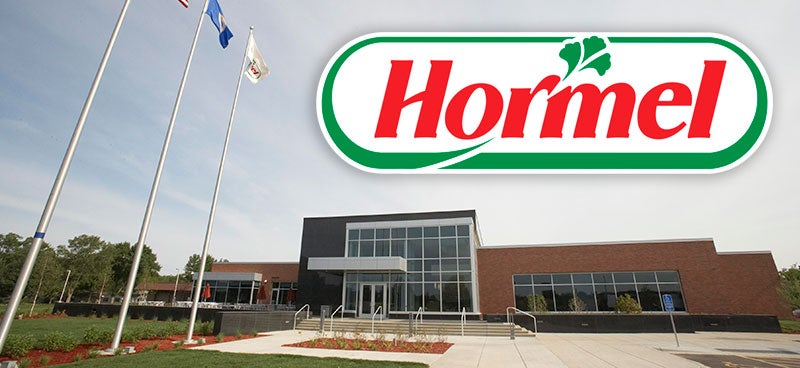Helping others find their way
Published 7:02 am Thursday, December 25, 2014

Mower County Public Health Nursing Supervisor Pam Kellogg received the Betty Hubbard Maternal and Child Health Leadership Award for her work coordinating Healthy Families America in Mower County.
Jason Schoonover/jason.schoonover@austindailyherald.com
When Pam Kellogg started working for Mower County Public Health about 19 years ago, she was stationed in the schools, where she saw several children chronically in the nurses office.
Those children showed signs of poor conditions in the home: Parents sent them to school sick or in dirty clothes, and Kellogg could rarely reach their families. Despite the signs, she felt there was little she could do.
Those children are now becoming parents, and Kellogg sees them coming through the county’s Healthy Families America program.
“Over and over I am saying, ‘That was one of my students in school and I knew something was going on,’” she said.
Kellogg, now the county’s nursing supervisor, is one of several county public health workers leading the program, which is designed to help those people and other disadvantaged people in Mower County become better parents.
“I see this making a huge difference that we’re stepping in,” Kellogg said. “Those parents want to be the parents that they never had.”
Kellogg was recently recognized for her efforts, as she received the Betty Hubbard Maternal and Child Health Leadership Award, one of two awards given annually across the state to recognize work at the state and community levels, which Kellogg received.
Healthy Families America is a home-visiting program to help disadvantaged families, whether it’s economically disadvantaged or if new parents were raised in less than ideal conditions.
“We’re going in and teaching them the skills,” Kellogg said.
Families are screened when they are pregnant, either at Mayo Clinic Health System – Austin and Albert Lea or through the Women, Infants & Children program (WIC).
A case worker will do a home visit to hear about the individual’s life, how they were disciplined, health and mental health problem, their experience with children, and then they score the parent or parents. If their score shows they may have difficulty parenting, they’re offered services through the program.
The first child enrolled in June of 2012 is still in the program. The goal is for children to be in the program until around age 3 to 5. Currently, about four caseworkers are serving 30 families.
The four home visitors have a case load of five to 10 families. Visits depend on the child’s age. Visits are weekly until the child is 6-weeks-old, and then they’re based on the support the family needs. Some are on weekly visits for their entire time in the program.
“Some of them shine, and they’re ready to advance real fast,” Kellogg said.
The curriculum talks about nurturing children, building a baby’s brain and creating a loving home.
“Whatever you do is impacting that child, so we’re teaching them how to bond and create a loving environment,” Kellogg said.
The case workers help parents set and attain small goals to help empower them. Then they work toward things like improving their income level or completing schooling.
“We don’t enable and we don’t do things for them; we empower them,” Kellogg said. “We give them all the tools, but they’re the ones that have to pick up the phone.”
The county receives about $165,000 year for the program through the federal Maternal Infant Early Childhood Home Visiting (MIECHV) grant, which identified Mower as one of seven at-risk counties in the state. As part of the funding agreement, the county is working toward becoming accredited by next December.
Mower is one of 18 Healthy Families America programs in Minnesota.
Kellogg said the program is set up for success. If the curriculum is followed, Kellogg said there will be good results.
“If you follow to program to a T, you will have positive outcomes,” Kellogg said.




